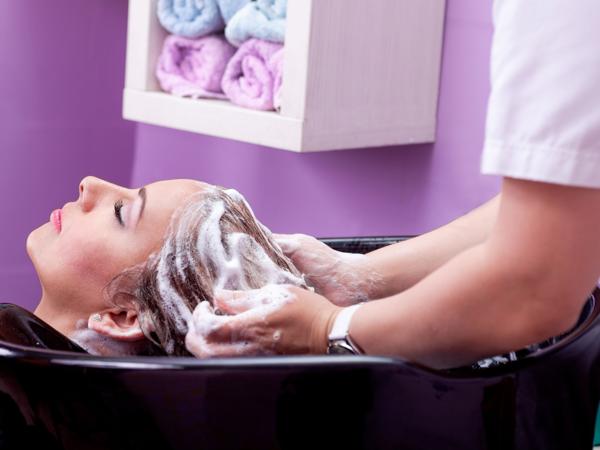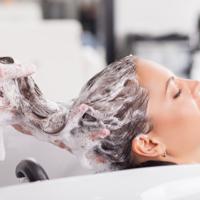Dealing with a dry scalp can be challenging and uncomfortable. If you’ve ever experienced itching, flaking, or tightness on your scalp, you’re not alone. Many people face this common issue, especially during colder months. Let’s break down some understanding about dry scalps and ways to effectively manage it.
Understanding Dry Scalp
A dry scalp occurs when the scalp does not produce or retain enough moisture. This can lead to itching, flaking, and irritation. It’s important to distinguish dry scalp from dandruff, which involves excessive oil production and builds up, flaking off in larger pieces.
Common Causes
- Weather Conditions: Cold weather and low humidity can strip moisture from the skin. This is why having a solid winter skin care routine is so important.
- Hair Products: Shampoos with harsh chemicals can cause dryness. See our guide on best shampoos for dry hair for gentler options.
- Hot Showers: Prolonged exposure to hot water can dry out the scalp.
- Dehydration: Not drinking enough water affects skin and scalp moisture levels.
- Skin Conditions: Conditions such as eczema or psoriasis may contribute to scalp dryness.
Steps to Manage Dry Scalp
Use Gentle Hair Products
Switching to a gentle, sulfate-free shampoo can help protect your scalp from further drying. Look for products containing natural moisturizers like aloe vera or coconut oil.
Incorporate Scalp Massages
Regular scalp massages can increase blood circulation and encourage natural oil production. Use the tips of your fingers to gently massage your scalp for a few minutes daily.
Stay Hydrated
Ensure you’re drinking enough water daily. Hydration starts from within, and keeping your body well-hydrated can significantly benefit your skin and scalp.
Limit Heat Styling
Excessive use of heat styling tools can further dry out your scalp. Try to reduce the use of blow dryers or straighteners. If you must use them, apply a heat protectant to minimize drying effects.
Regular Oiling
Consider applying natural oils like argan, jojoba, or olive oil to your scalp. Massage the oil into your scalp and leave it on for at least 20 minutes before rinsing thoroughly.
Cool Down Your Showers
Using lukewarm rather than hot water can help retain your scalp’s natural moisture levels. Be mindful of shower time, limiting it to 10-15 minutes to avoid drying out your skin.
Research Insights
Interestingly, studies have shown that maintaining a balance of omega-3 and omega-6 fatty acids might support healthy skin and scalps source. Incorporating foods like walnuts, flaxseeds, and fatty fish into your diet could provide benefits over time.
When to Seek Professional Help
If these remedies don’t alleviate your symptoms, consider consulting a dermatologist. Persistent dryness could indicate underlying conditions needing specialized treatment.
Addressing dry scalp takes a bit of patience and attention. By making small changes to your routine and setting realistic expectations, you can find relief and restore moisture to your scalp effectively.




